Business Client Alerts
Some recent banking litigation made me realize there are several rules of thumb that should be considered by everyone involved with small businesses or those of us who rely upon agents or employees to assist us in our banking practices.
The first thing to realize is that the law requires a bank to be responsible for any checks it pays on a forged endorsement. The bank is presumed to be able to recognize your signature when one of your checks is presented to the bank. If the bank pays on a check where the signature does not match the signature card on file with the bank, then the bank takes the loss rather than you.
Troubles arise when we entrust others to accomplish certain banking tasks for us; the bank is allowed to rely on the precedent. For example, if we allow someone over a period of time to sign our name to checks and these checks clear the bank, we cannot at a later time claim that the same person did not have authority to sign checks for us. Similarly, if we allow someone to go to the bank and cash checks for us (rather than merely make deposits or other similar transactions), we cannot complain if that person later cashes one of our checks without our specific authority.
You might want to consider the following guidelines:
- The easiest and most obvious way to guard against embezzlement is to have your bookkeeper bonded.
- Always have your business’ bank statement mailed to your home address or otherwise handled so that the bookkeeper is not the first one to review the bank statements.
- Never allow anyone to sign your name on checks.
- Never allow anyone to cash checks for you.
- Federal tax deposits or payroll withholding checks which are made payable to your bank should always have “payroll withholding,” “federal tax deposit,” or similar language written on the face of the check itself. Additionally, it is wise to type your taxpayer ID number on the face of the check.
- Avoid, unless you present them personally, checks made payable to a bank, e.g., for a cashier’s check.
- Ideally, the person who handles cash and receivables should not be the person who makes out the bank deposit slip. A third person should make the bank deposit and still a different person should be responsible for payables.
- Checks for payables should not be signed unless they are accompanied by the corresponding invoice.
- Payables should be mailed by a different person from the one who prepared them.
- The account should be reconciled by a different person from the one responsible for payables.
- One person should be responsible for ordering supplies and acquisitions and another should be responsible for receiving them.
- Occasionally, be the first one to go through all mail that comes in on a given day.


